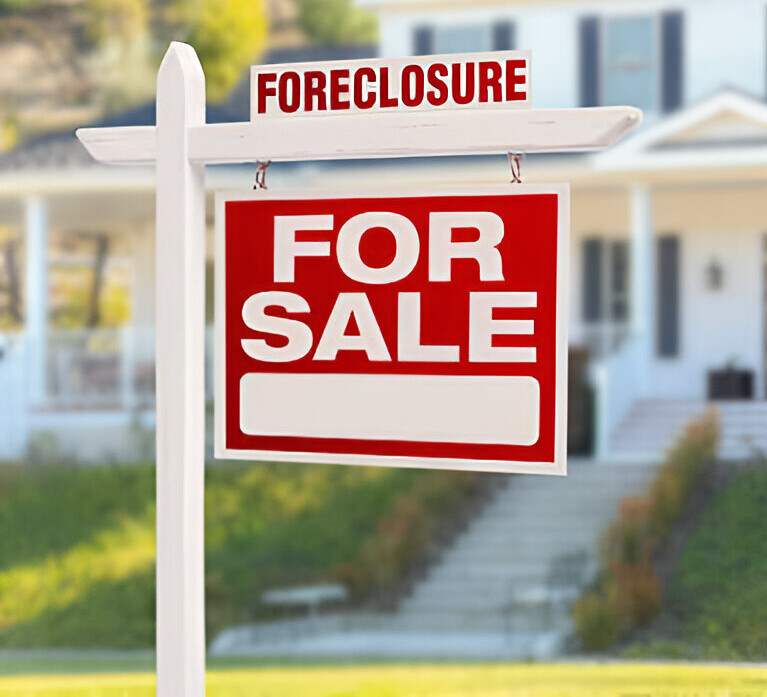
Buying a home in foreclosure can be a great opportunity to get a property at a reduced price, but it also comes with risks and challenges. Here’s what you can expect:
1. Types of Foreclosure Sales
- Pre-foreclosure (Short Sale): The homeowner sells the property for less than what’s owed, but it needs lender approval. This can take time and is not guaranteed.
- Auction: Foreclosed homes are often sold at public auctions. You may not be able to inspect the property, and you’re typically required to pay in full in cash or certified funds.
- REO (Real Estate Owned) Property: If the home doesn’t sell at auction, it becomes REO. Banks sell these homes, and you can typically negotiate more, but homes are often sold “as-is.”
2. “As-Is” Condition
- No Repairs: Foreclosed homes are often sold as-is, meaning the seller (typically a bank) won’t make any repairs. Many homes may have been neglected or damaged by previous owners.
- Inspection Limitations: You may have limited access to inspect the home, especially if bought at auction. If an inspection is possible, it’s critical to have one before closing.
- Utilities May Not Be On: In some cases, utilities are shut off, making it harder to assess the home’s condition.
3. Title and Liens
- Title Issues: Ensure the property has a clear title. Some foreclosed properties may have hidden liens (unpaid taxes, utilities, or homeowners’ association fees) that transfer with the property.
- Hire a Title Company: It’s crucial to work with a title company to conduct a thorough title search and purchase title insurance to protect yourself from future claims.
4. Financing Challenges
- Cash or Hard Money Loans: Foreclosed homes often require full payment in cash, especially at auction. Traditional lenders may be reluctant to finance foreclosures, though some may offer specialized loans for distressed properties.
- Condition-Based Financing: If the home is in poor condition, it may not qualify for conventional financing. Special loan programs like FHA 203(k) renovation loans may be necessary.
5. Longer Closing Process
- Delays in Negotiation: If you’re purchasing a short sale or REO property, expect delays. Banks may take longer to respond to offers and may require additional paperwork.
- Possible Redemption Period: Some states have a redemption period, during which the original homeowner can reclaim the property by paying off the debt.
6. Competition
- Investor Competition: Foreclosed homes attract a lot of interest from investors, so you may face stiff competition. Investors often pay in cash and can close quickly, which can put traditional buyers at a disadvantage.
7. Great Deals, but Do Your Homework
- Potential Savings: Foreclosures can offer significant savings, but those savings may come with extra costs for repairs, legal work, or other unexpected expenses.
- Research the Market: Make sure you understand the local real estate market and have a good sense of the property’s value before making an offer.
8. Working with Professionals
- Hire a Real Estate Agent with Experience in Foreclosures: An experienced agent can guide you through the process, helping you navigate the unique challenges of buying a foreclosed home.
- Get Legal Advice if Needed: In some cases, particularly with complex liens or title issues, it may be wise to consult with a real estate attorney.
Conclusion: Buying a foreclosed home can lead to significant savings, but it requires careful consideration and due diligence. Make sure to account for potential risks, including repair costs, title issues, and financing challenges, to ensure you’re making a wise investment.

